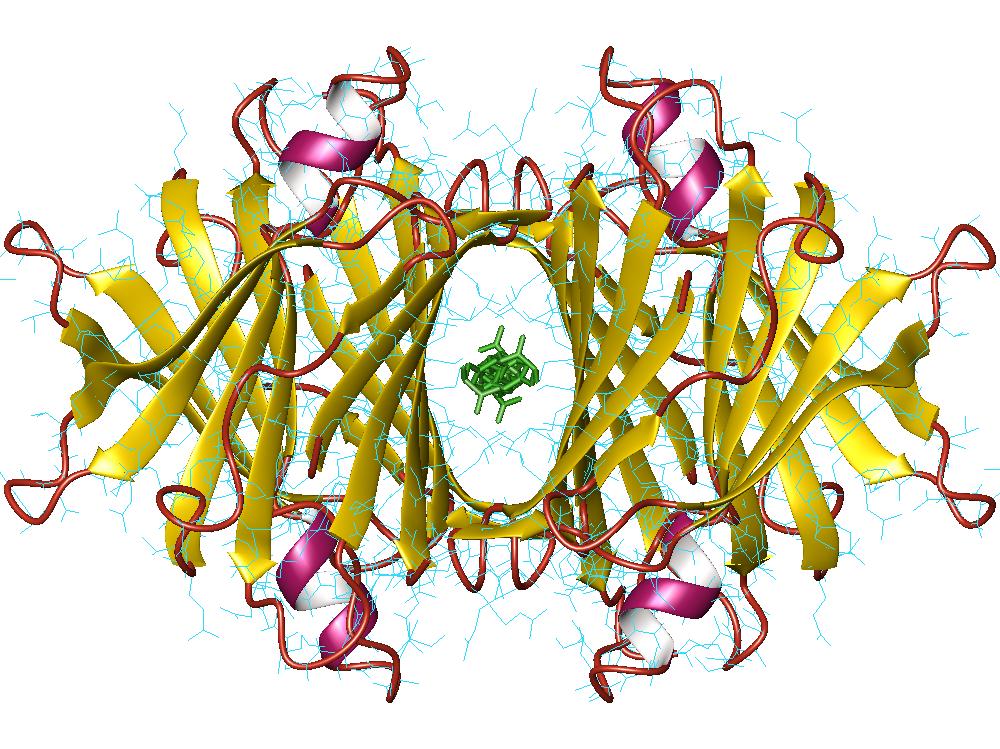
Centogene and Anylam launch clinical programme
Diagnostics developer Centogene NV and Alnylam Pharmaceuticals launched a clinical programme aimed at improving ATTRv diagnosis.
ATTRv is an autosomal dominant condition caused by a pathogenic variant in the TTR gene coding for transthyretin (prealbumin). Transthyretin functions as a carrier for the hormone thyroxine (T4) and retinol-binding protein. The destabilization of the Ttr protein and the formation of misfolded Ttr proteins results in the transthyretin amyloidosis diseases. There are more than 150 TTR pathogenic variants described; the disease phenotype is TTR variant dependent. On average, the diagnosis is delayed by 4-5 years, especially in non-endemic areas. Also, there is potential for misdiagnosis due to ATTRv´s clinical heterogeneity. The common misdiagnosis of ATTRv with polyneuropathy includes chronic inflammatory demyelinating polyradiculoneuropathy, idiopathic axonal polyneuropathy, lumbar spinal stenosis and, more rarely, diabetic neuropathy and AL amyloidosis. In order to facilitate an early diagnosis, treatment choice and individualization, ATTRv biomarkers are critical.
The joint genetic screening programme is focussed on investigating of an at-risk population for hereditary TransthyRetin-related AMyloidosis and longitudinal monitoring of TTR positive subjects.The new TRAMmoniTTR Study is a follow-up to the preceding epidemiological analysis for hereditary TransthyRetin-related AMyloidosis (NCT03237494).
Since 2017, 5,000 participants from Germany, Austria and Switzerland with polyneuropathy and/or cardiomyopathy of no obvious etiology have been screened for ATTRv as part of the TRAM Study. More than 1% of participants have been diagnosed with ATTRv, clinically characterised and regionally mapped. The follow-up study will include both symptomatic and asymptomatic TTR-positive participants, who will be invited to take part in the longitudinal phase to monitor their clinical status.
Centogene has discovered a novel ATTRv biomarkers that now need to be further characterised. Such molecules are crucial to accelerate ATTRv diagnostics and treatment personalisation. The monitoring of these biomarkers in TTR positive participants will support the validation process.



 adobe.stock.com - ipopba
adobe.stock.com - ipopba BioDlink
BioDlink